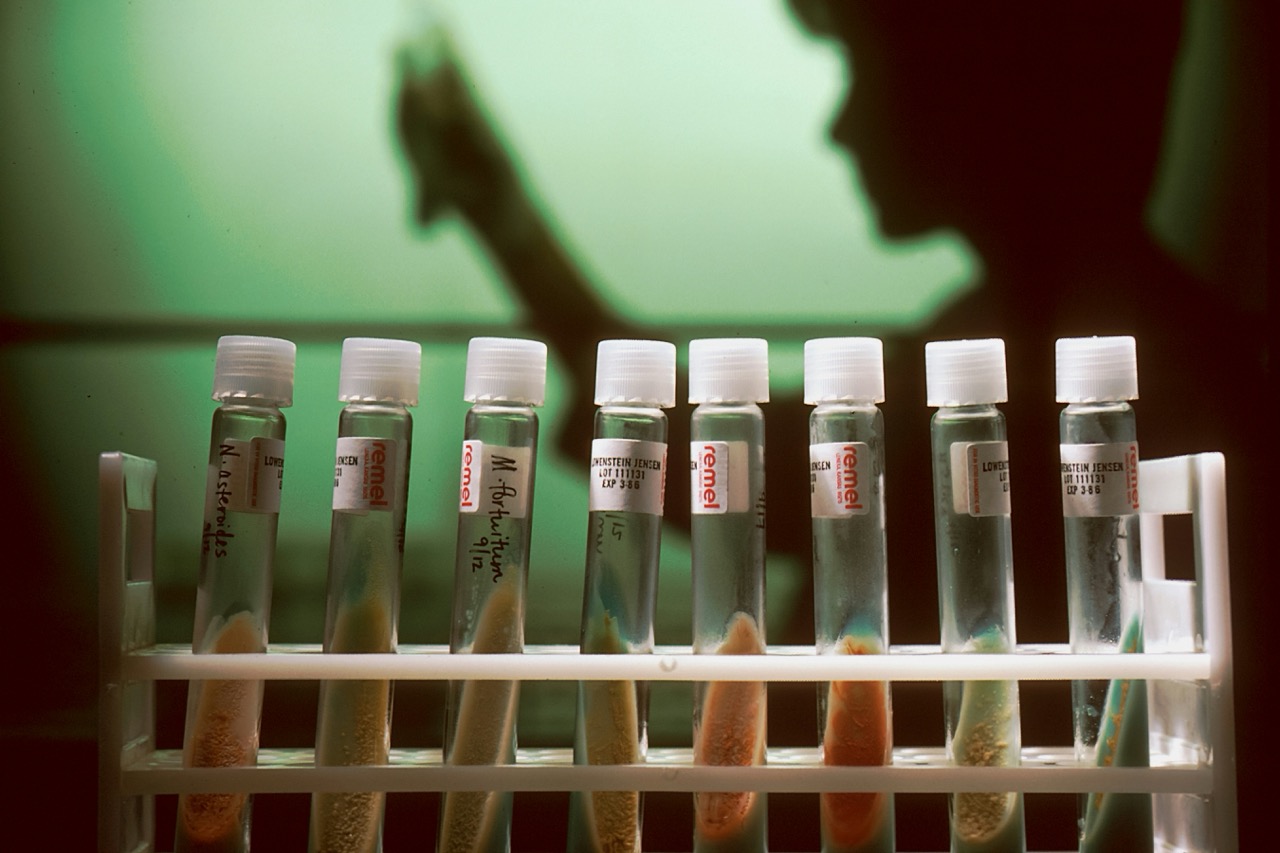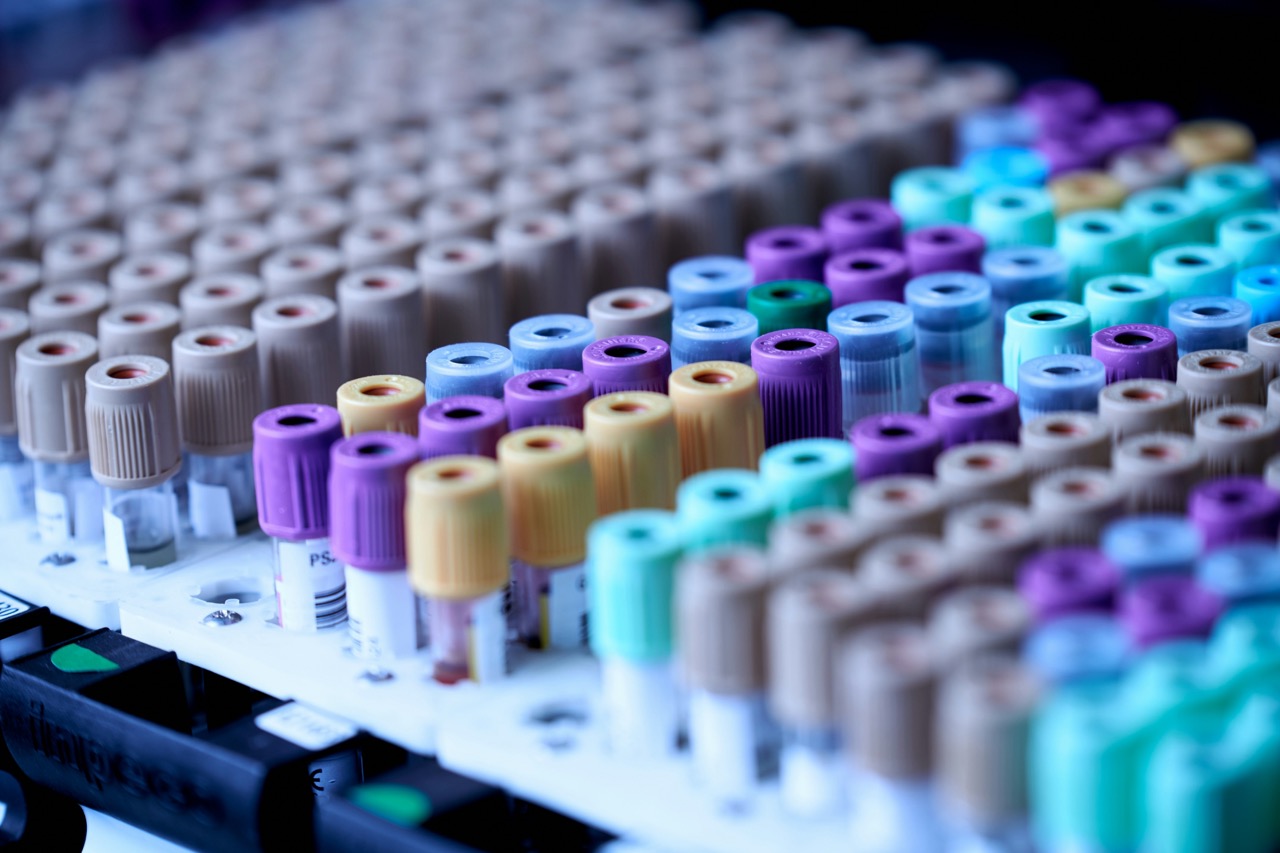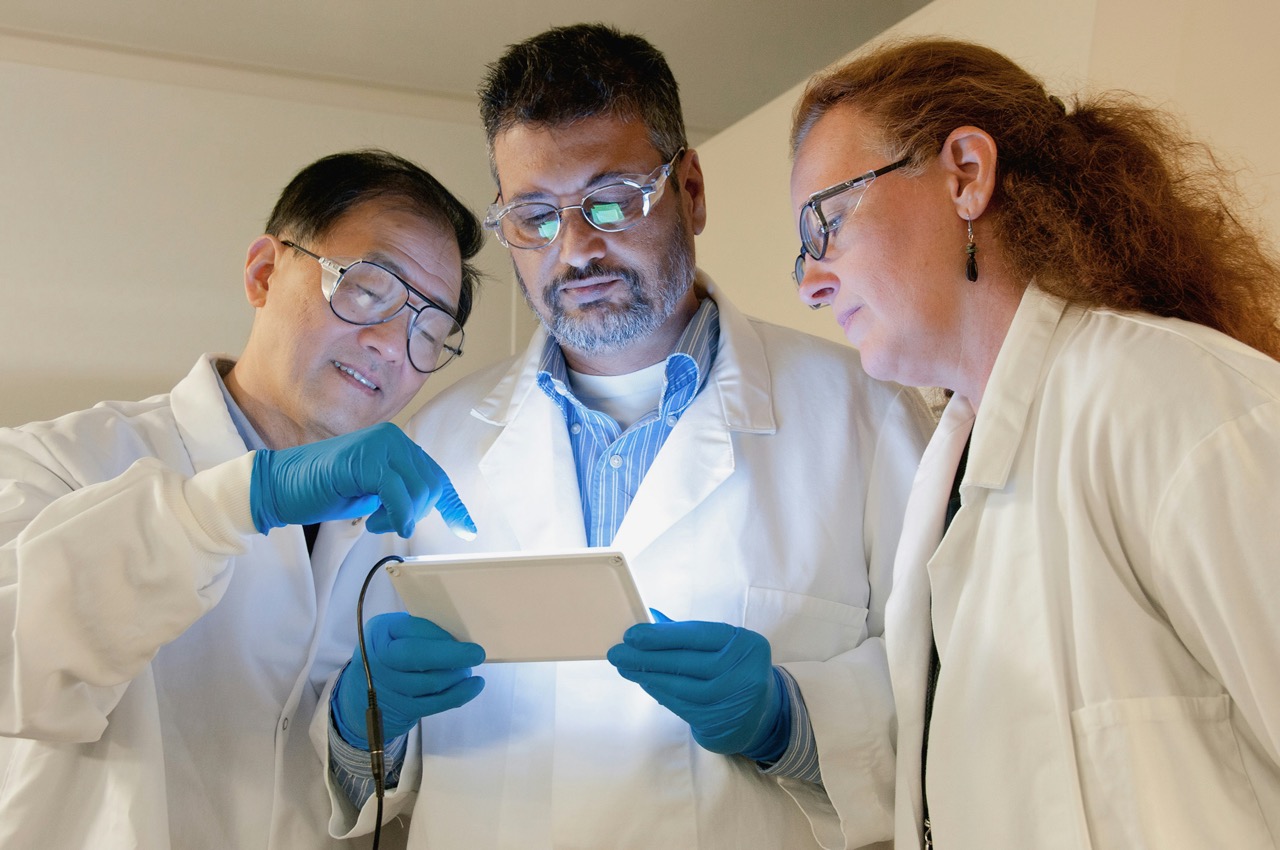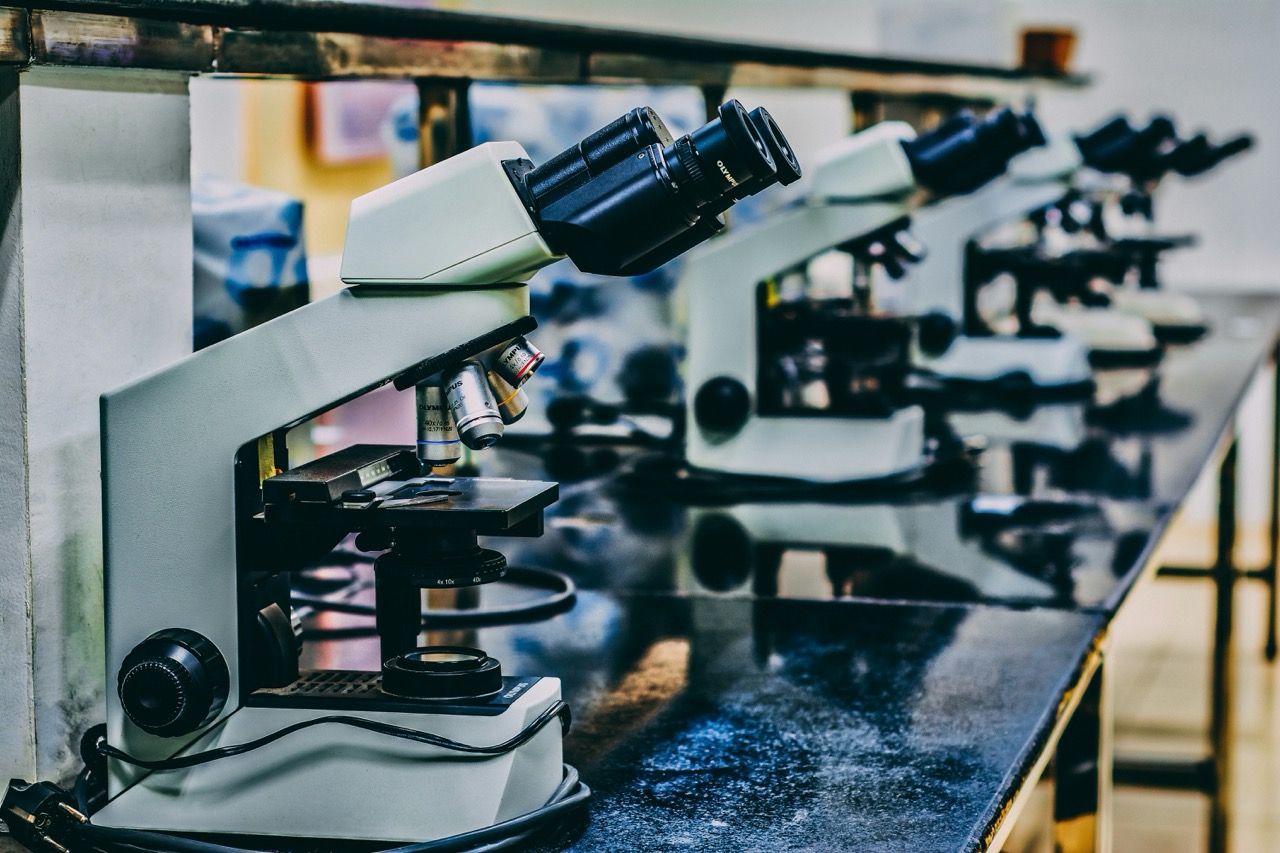Sexually transmitted diseases (STDs) pose significant health concerns that extend beyond immediate symptoms. The repercussions of untreated STDs can lead to critical long-term health complications, some of which can substantially diminish quality of life. Understanding the complexities of these infections, their biological mechanisms, and associated risks helps illuminate the importance of timely diagnosis and treatment. This article delves into the various dimensions of untreated STDs, exploring their long-term effects on health, relationships, and overall well-being.
Understanding Untreated STDs: A Comprehensive Overview
Sexually transmitted diseases are infections that primarily spread through sexual contact. While many STDs can be asymptomatic, leaving individuals unaware of their infection status, this does not negate the potential for harm. Untreated STDs can lead to significant medical complications, and comprehensive understanding of these risks is crucial for public health. The delayed treatment can facilitate the progression of the infection, leading to deeper systemic issues that may not present immediate symptoms.
In many cases, stigma and a lack of awareness contribute to the prevalence of untreated STDs. Individuals may avoid seeking medical help due to embarrassment or misconceptions about STDs. This lack of intervention not only affects the individuals involved but also poses broader risks to sexual partners and the community. Therefore, enhancing awareness about the implications of untreated STDs is an essential component of public health strategies.
Common Types of STDs That May Go Untreated
Among the most common STDs that often remain untreated are Chlamydia, Gonorrhea, Syphilis, and Human Immunodeficiency Virus (HIV). These infections can often go unnoticed due to their asymptomatic nature, particularly in the early stages. For instance, Chlamydia and Gonorrhea can cause mild or no symptoms, leading individuals to neglect testing and treatment. This is particularly concerning given their high rates of prevalence globally.
Additionally, infections such as Human Papillomavirus (HPV) and herpes simplex virus (HSV) can also be overlooked, often considered less severe or less urgent. However, the consequences of inaction regarding these infections can be dire. Increased public awareness and education regarding the symptoms and risks of these common STDs are crucial in preventing long-term health complications.
The Biological Mechanism Behind STDs and Their Effects
The biological mechanisms of STDs involve complex interactions between pathogens and the human immune system. Bacteria, viruses, and parasites can breach mucosal barriers during sexual contact, leading to infections that can multiply and spread if left untreated. For example, Chlamydia trachomatis, the bacterium responsible for Chlamydia, can infect the genital tract, rectum, or throat, establishing a foothold in the host’s body.
Once introduced into the system, these pathogens can evade immune responses and establish chronic infections. Over time, untreated STDs can lead to systemic issues as the body attempts to manage the infection. The inflammatory responses triggered by these infections can result in lasting damage to bodily systems and organs, emphasizing the importance of prompt and effective treatment.
Immediate Consequences of Untreated STDs on Health
Untreated STDs can lead to a range of immediate health consequences. These may include painful symptoms such as genital sores, discharge, and itching, which can significantly affect an individual’s quality of life. Furthermore, immediate complications may include pelvic inflammatory disease (PID) in women, which can result from untreated Chlamydia or Gonorrhea. PID can lead to severe abdominal pain and other complications if not managed in a timely manner.
In men, untreated STDs can cause urethritis and epididymitis, conditions that can result in swelling, pain, and potential fertility issues. The acute symptoms and complications associated with untreated STDs highlight the urgent need for individuals to seek medical care as soon as they suspect an infection. Ignoring these signs can exacerbate health complications over time.
Long-Term Health Risks Associated with Untreated STDs
Leaving STDs untreated can pave the way for a host of long-term health risks. Chronic infections can lead to severe conditions such as infertility, chronic pain, and increased susceptibility to other diseases. For example, untreated syphilis can progress to tertiary syphilis, which can result in severe neurological and cardiovascular complications, underscoring the detrimental impact of neglecting treatment.
Moreover, long-term infections can have systemic effects, compromising the immune system and rendering individuals more susceptible to additional infections, including HIV. The link between untreated STDs and the progression of other diseases accentuates the critical need for timely diagnosis and treatment.
Psychological Impact of Living with Untreated STDs
The psychological ramifications of living with untreated STDs can be profound. Many individuals experience feelings of shame, anxiety, and depression as they grapple with the implications of their condition. The stigma surrounding STDs can lead to isolation, affecting mental health and overall well-being. Individuals may also experience stress related to the potential transmission of infections to sexual partners.
Additionally, the fear of revealing their status to partners can complicate intimate relationships, leading to avoidance of sexual activity or a complete withdrawal from relationships altogether. Addressing the mental health implications of untreated STDs is essential for comprehensive care, as psychological well-being is closely tied to physical health outcomes.
Infertility: A Serious Outcome of Untreated STDs
One of the most severe consequences of untreated STDs is infertility, particularly in women. Conditions such as PID, which can arise from untreated Chlamydia and Gonorrhea, can lead to scarring of the fallopian tubes, ultimately resulting in infertility. Women may face permanent reproductive challenges if infections are not identified and treated promptly.
In men, untreated STDs can cause epididymitis and orchitis, which can also affect fertility. The potential for long-term infertility underscores the critical importance of recognizing and treating STDs early, emphasizing the necessity of preventive care and regular screenings to protect reproductive health.
Chronic Pain and Other Physical Complications Explained
Chronic pain is another potential consequence of untreated STDs, often stemming from complications such as PID or infections spreading to other parts of the body. Women may suffer from ongoing pelvic pain due to scarring and inflammation caused by untreated infections. Such pain can become debilitating, severely impacting daily functioning and overall quality of life.
Men, too, may experience chronic pain, particularly if untreated infections lead to conditions like prostatitis or epididymitis. Addressing these complications early is crucial in preventing the progression of pain syndromes, underscoring the need for awareness and timely intervention for individuals with STDs.
Enhanced Risk of Other Infections and Diseases
Individuals with untreated STDs face an increased risk of contracting other infections and diseases, particularly HIV. The presence of STDs can compromise the integrity of mucosal barriers, making it easier for HIV to enter the bloodstream. Studies have shown that individuals with untreated STDs are significantly more likely to acquire or transmit HIV, illustrating the interconnectedness of sexually transmitted infections.
Additionally, untreated STDs can lead to co-infections, further complicating health outcomes. For example, individuals with genital herpes are at a higher risk of acquiring HIV, highlighting the importance of addressing any STD promptly to reduce the risk of subsequent infections.
Social and Relationship Challenges Due to Untreated STDs
The social implications of untreated STDs can be extensive, affecting personal relationships and social interactions. Individuals may face stigma and discrimination, leading to feelings of shame that can complicate their ability to form intimate relationships. The fear of disclosing their status can strain existing relationships, creating barriers to open communication and intimacy.
Moreover, untreated STDs can lead to a breakdown in trust between partners, resulting in emotional distress and potential relationship dissolution. By addressing the social challenges associated with untreated STDs, public health initiatives can foster an environment where individuals feel empowered to seek help and communicate openly with partners.
Prevention Strategies to Avoid Long-Term Effects of STDs
Preventing the long-term effects of STDs begins with education and awareness. Understanding the modes of transmission, symptoms, and potential risks associated with STDs is crucial for individuals to take proactive steps toward prevention. Safe sex practices, such as using condoms and engaging in regular testing, play a vital role in reducing the incidence of STDs.
Moreover, promoting open discussions about sexual health among partners can encourage mutual responsibility and awareness. Public health campaigns that focus on education, accessibility of testing, and destigmatization of STDs can significantly enhance prevention efforts, ultimately reducing the long-term health risks associated with untreated infections.
Importance of Regular Screening and Early Intervention
Regular screening for STDs is essential to mitigate the long-term effects of untreated infections. Health authorities recommend routine testing, especially for sexually active individuals, those with multiple partners, or individuals at higher risk. Early intervention can prevent the progression of infection, effectively reducing the incidence of complications and long-term health risks.
Healthcare providers play a crucial role in implementing screening protocols and providing education about the importance of regular testing. By fostering an environment that promotes sexual health and open communication, the likelihood of early detection and treatment increases, ultimately improving public health outcomes.
The long-term effects of untreated STDs carry significant implications for individual health and societal well-being. From chronic pain and infertility to psychological distress, the consequences of neglecting sexually transmitted infections are far-reaching. By increasing awareness, promoting preventive measures, and ensuring access to regular screenings, we can work towards reducing the burden of untreated STDs and their associated complications. Timely intervention is not only essential for personal health but also for the collective health of communities, emphasizing the need for proactive approaches to sexual health.











